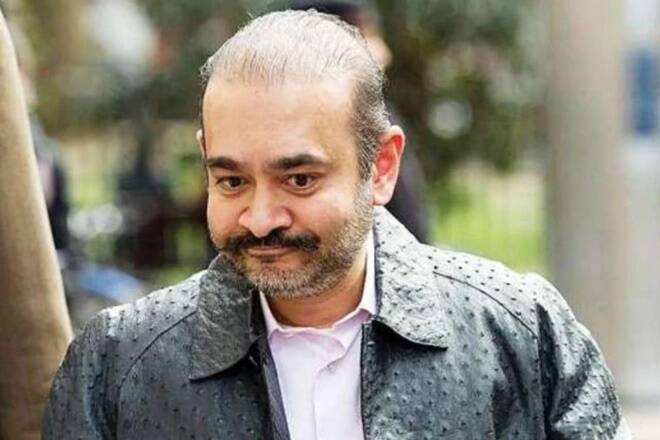London: A UK judge presiding over the extradition proceedings of Nirav Modi ruled Tuesday that the evidence submitted by the Indian authorities to establish a prima facie case of fraud and money laundering against the fugitive diamantaire is broadly admissible. District Judge Samuel Goozee heard the arguments for and against the admissibility of certain witness statements provided by the Central Bureau of Investigation (CBI) and Enforcement Directorate (ED) at Westminster Magistrates’ Court here and concluded that he considered himself ‘bound’ by the previous UK court rulings in the extradition case of former Kingfisher Airlines chief Vijay Mallya. Nirav Modi is wanted in India to face trial in the estimated USD 2-billion Punjab National Bank (PNB) scam case.
Judge Samuel Goozee then adjourned the case for a two-day hearing January 7 and 8 next year, when he will hear the final submissions in the case before he hands down his judgment a few weeks later.
“I consider myself bound by that decision (Mallya). There is no reason why points made by witnesses cannot be used as informed commentary,” said Judge Goozee.
The 49-year-old diamond merchant followed the proceedings via videolink from Wandsworth Prison in south-west London, dressed in a prison-issued grey tracksuit and sporting a thick beard. He will next appear from prison, by videolink, for a regular brief 28-day remand call-over hearing December 1.
The Crown Prosecution Service (CPS), arguing on behalf of the Indian authorities, stressed that the evidence, including witness statements under Section 161 of the Indian Code of Criminal Procedure (CrPC), meets the required threshold for the UK court to determine whether Modi has a case to answer before the Indian judicial system.
“The argument that this is a very specific case, distinguishable from Mallya is frankly nonsense,” said CPS barrister Helen Malcolm.
That Mallya has a case to answer in India in his fraud and money laundering case has cleared various levels of the UK judicial system and is currently undergoing a ‘confidential’ legal issue before UK Home Secretary Priti Patel can consider signing off on his extradition.
Nirav Modi’s barrister, Clare Montgomery, who was also the defence counsel in Mallya’s case, however, disputed that the Section 161 witness statements qualify as similar.
“The government of India case is not as strong as it was in Mallya,” said Montgomery, as she raised a specific issue over a witness who was said to speak no English in his testimony for the CBI but signed a statement in English for the ED.
After Tuesday’s ruling, the judge will decide how much weight he places on these documents amid the ‘37 bundles of evidence’ to be considered for his ruling in the case – expected early next year.
